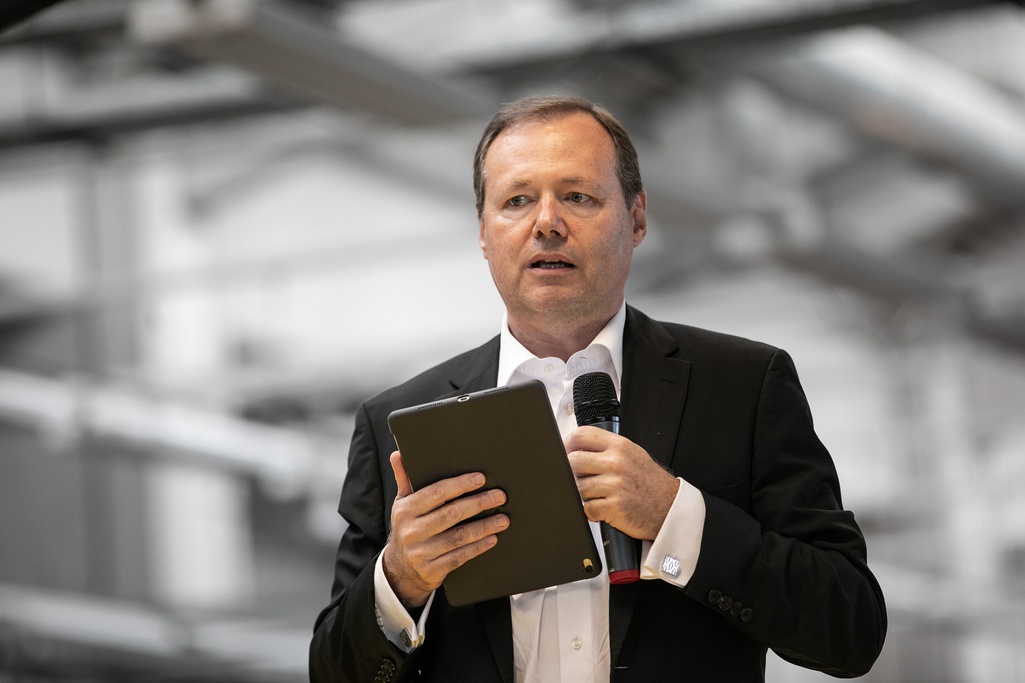Posted by: Susana Krauss 2 years, 11 months ago

I had a chance to reflect on the future of Artificial Intelligence (AI) when I recently took part in a very interesting event in Linz – Ars Electronica – linking art, technology and society. Here are some thoughts which I would like to share also with my readers -on the input which art-science-technology collaborations can provide and on the role of the human touch in the next AI developments.
Ever increasing computing power, ever more data, and ever more algorithms have turned Aritificial Intelligence (AI) into a key technology for the 21st century.
The European Communication on AI has laid out an ambitious plan to place Europe at the forefront of future AI.
AI is everywhere. AI is in online search, in future self-driving cars, in speech recognition of IPhone’s SIRI, in face recognition of surveillance systems, in today’s advanced robots and so on.
All these opportunities from AI are mitigated by various risks: e.g. loss of privacy and surveillance of citizens due to the data hunger of these technologies.
Towards an AI ‘made in Europe’ with a human touch
One of the key challenges for future AI will be what I like to call ‘the human challenge’. How will AI and humans work together? How can AI serve humans best? This will become a major issue in our efforts to promote AI as the next major technology of the future.
A differentiating factor for an AI ‘made in Europe’ will be its human touch: a focus on the human dimension, an insistence that AI serves human needs: AI must enhance human capacity, not replace humans!
Ars Electronica anticipated such discussions! The 2017 festival theme ‘Artificial Intelligence: ‘The Other I' pointed to the capacity of AI to learn independently and become an autonomous ‘other I’.
The role of Arts for an AI with a human touch
The 2017 festival theme also pointed to the arts to help address this human challenge for AI.
The role of the Arts will be decisive: Artists bring a human perspective to AI. By tapping into creativity of artists, Europe will lead the way towards human-centred AI.
But what are these special qualities of artists that make them so crucial in our current technology-oriented society?
I think, artists approach technology in a twofold way: They play with and explore technologies and they keep a critical eye on their potential drawbacks and limits. Technology serves artists as medium and, in turn, artists shape it.
Crucially, artists help citizens in developing critical thinking about technology! Think of Social Media where artists have reflected since a long time on privacy and surveillance, on how to avoid a 1984 Orwell scenario! Long before Cambridge Analytica became a household name!
Read the full article on European Commision page.
Share on TwitterShare on Facebook
Comments
There are currently no comments
New Comment